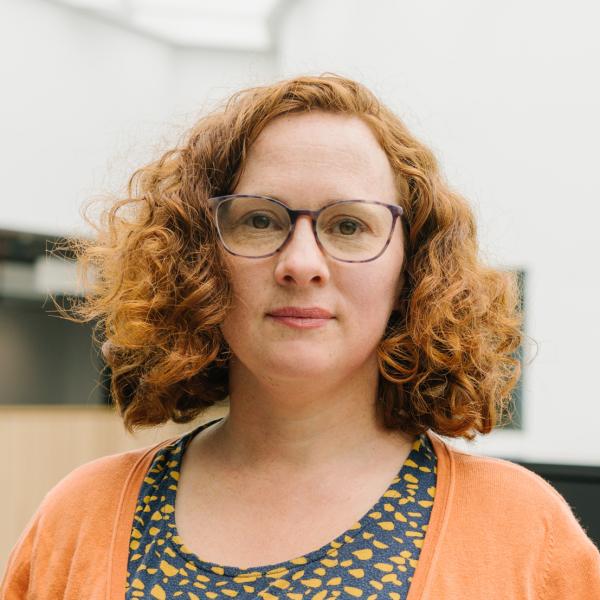Understanding the role of faith based organisations in anti-trafficking
is project funded by the Economic and Social Research Council (ESRC) to explore why faith based organisations (FBOs) have become prominent in service provision and campaigns tackling modern slavery and human trafficking. FBOs provide services as part of the government-funded National Referral Mechanism, as well as âfilling the gapsâ by supporting people outside of government contracts.
This project seeks to understand how faith shapes approaches to anti-modern slavery initiatives. What, if anything, is distinctive about the support offered by FBOs? How is this support experienced by trafficked persons?
How does the growing role of FBOs in the anti-modern slavery sector relate to the neoliberal restructuring of the welfare state, and the emergence of welfare pluralism? What does this tell us about whether we are living in a âpostsecularâ society?
Finally, this project asks whether there is anything particular about the role of FBOs in anti-trafficking in the UK. What role do FBOs play in other European countries, such as The Netherlands and Spain? What similarities and differences exist, and what are the reasons for these?
is a collaboration between the project and photographer Jeremy Abrahams to counter images used in anti-modern slavery campaigns, which often stereotype and re-victimise the people they are trying to support. These images reflect complex journeys into and out of modern slavery and are a response to the challenge of creating images that humanise survivors of a de-humanising crime.
All Unhidden images are © Jeremy Abrahams.
- Project Information
-
Title: Understanding the role of faith based organisations in anti-trafficking.
Funder: Economic and Social Research Council (ES/NO14979/1)
Start: April 2017 â March 2020
Duration: 30 months
Website:
- Project Partners
-
- Prof. Louise Waite & Prof. Emma Tomalin, University of Leeds.
- Contact
-
Project Coordination:
Dr Hannah Lewis
Email: h.j.lewis@sheffield.ac.uk


